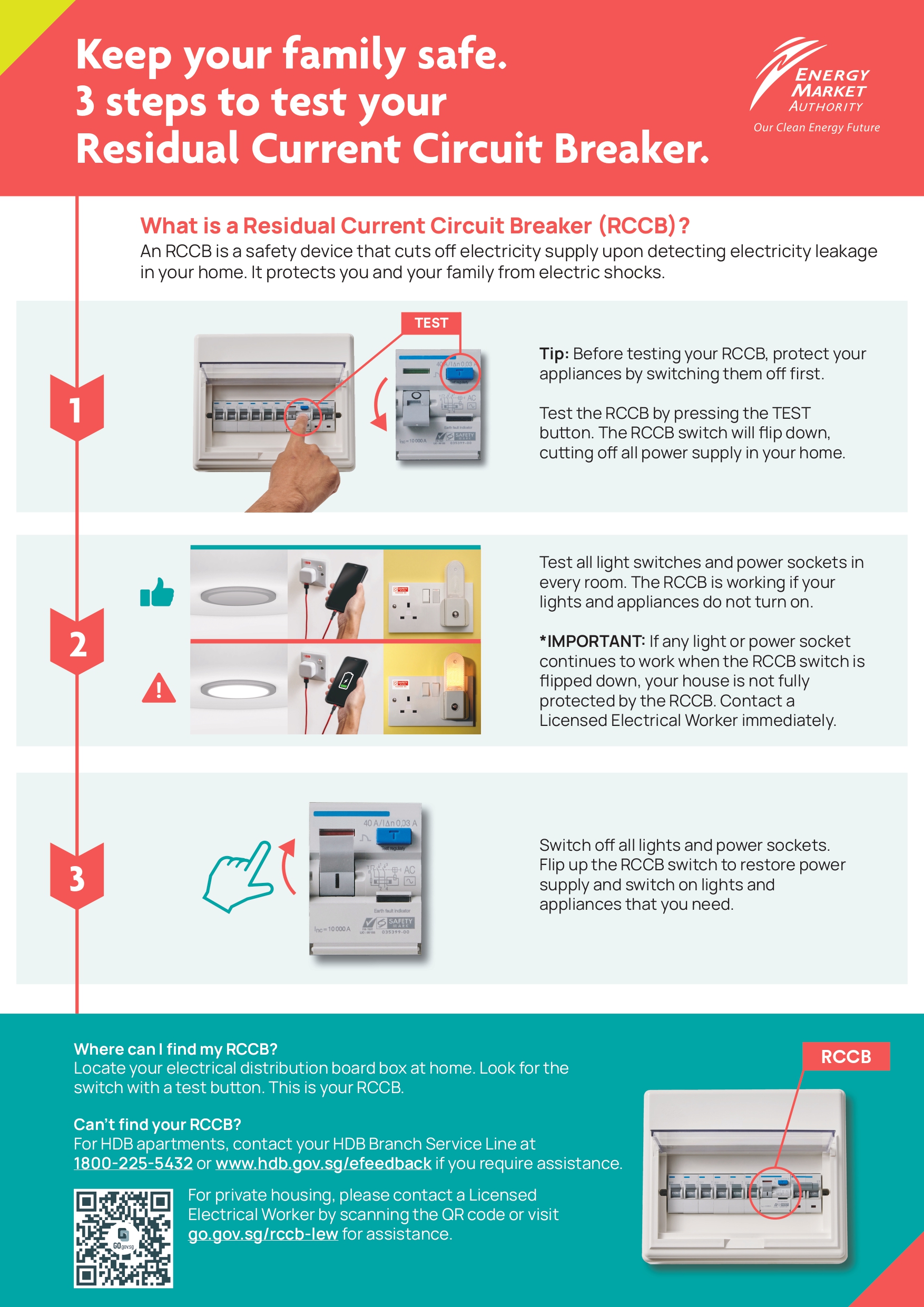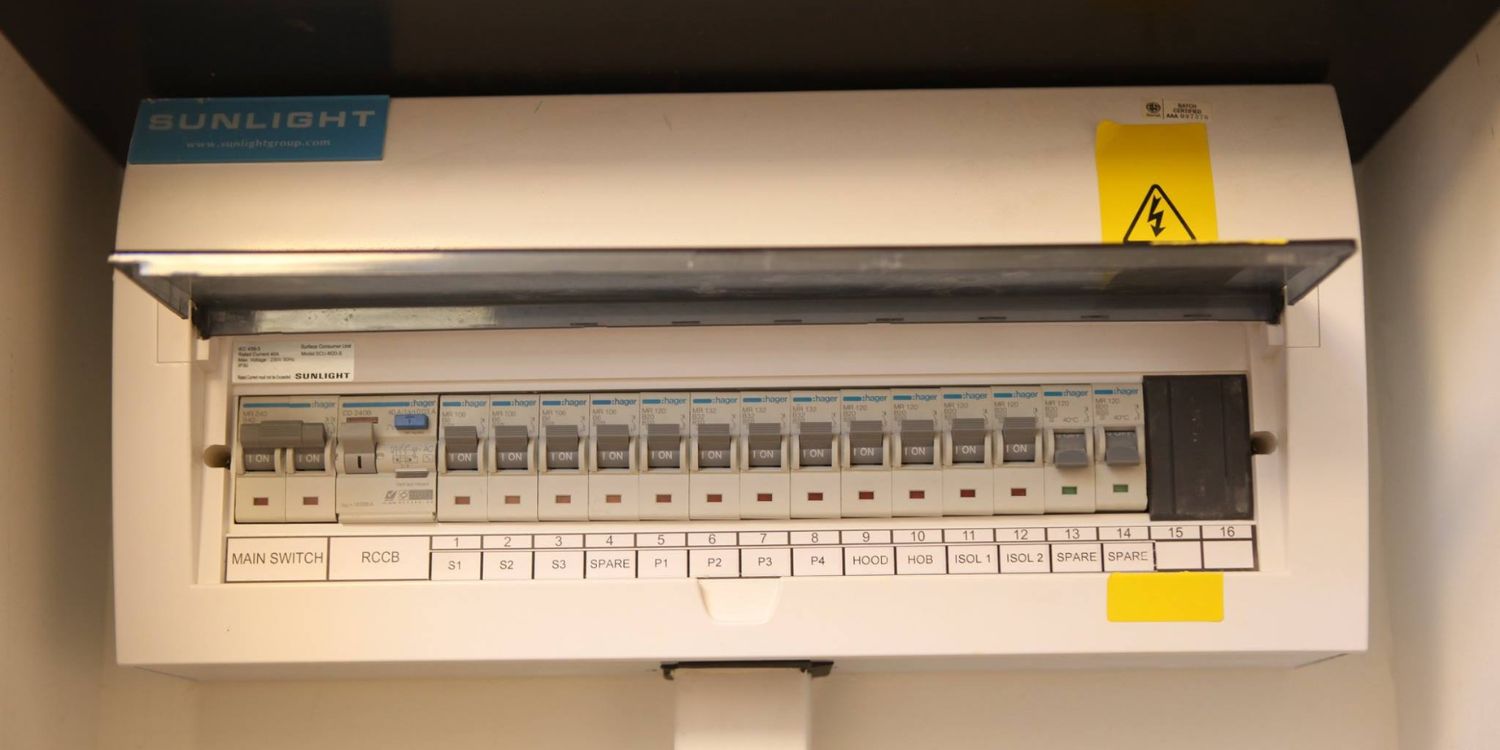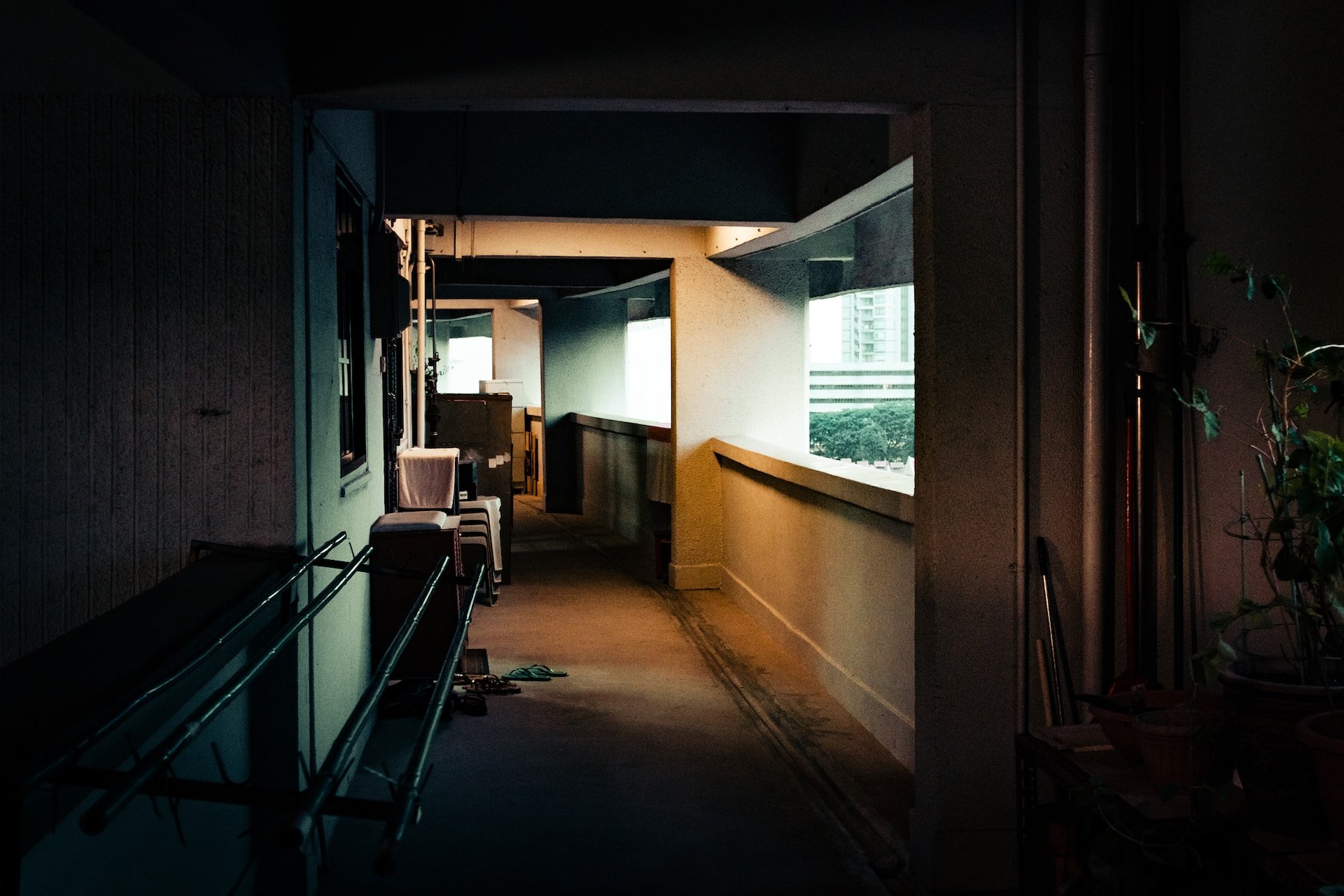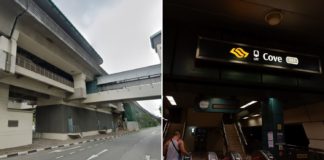All Homes In Singapore Must Install Residual Current Circuit Breaker Starting 1 July
While our ‘Circuit Breaker’ days appear to be well behind us, homeowners in Singapore will now have to get ready for another type of circuit breaker.
The residual current circuit breaker (RCCB) is a device that cuts off the electricity supply once it detects a current leak to prevent electric shocks.

Source: LS Electrician Singapore
While houses built or renovated after July 1985 will likely have this device installed, there is still a small number of homes that rely on fuses to protect against circuit overload.
Starting 1 July this year, it is a requirement for all Housing & Development Board (HDB) flats and private homes to have an RCCB installed for safety purposes.
Roughly 6,500 HDB flats do not have residual current circuit breaker installed
Among the one-room and two-room HDB flats that were built in and before 1985, 1.3% of them do not currently have an RCCB.
Channel NewsAsia (CNA) reported HDB as saying that roughly 83 of such units will thus have RCCBs installed during the exercise.
As for flats with three rooms and above, about 2% or 6,400 units currently lack the electrical device.
In a statement today (12 May), the Energy Market Authority (EMA) stated that they will notify homeowners who need to install the device if they have not already.
For lower-income households, HDB will continue to install the RCCB for those living in one and two-room flats. The Government will bear the full cost of the installation.
Meanwhile, homeowners of 3-room and larger flat types may apply for the RCCB Installation Assistance Programme for a subsidy of up to 95% on the cost of installation and necessary rewiring works.
EMA will notify private home owners to check & install an RCCB
While EMA reportedly doesn’t know how many private residences are lacking an RCCB, they expect the percentage to be low.
CNA reported an EMA spokesperson as saying that private home owners have probably carried out renovations over the years. This would mean that they would have installed an RCCB and done rewiring works.
Nonetheless, EMA will be notifying owners of private residential premises to check if they have an RCCB and install it if they don’t.
If the latter is the case, they may hire a Licensed Electrical Worker (LEW) for installation works.
Non-complying home owners may get a fine of up to S$5,000
The grace period for home owners to install the RCCB is two years, starting from 1 July 2023.
Following that, EMA or an appointed agent will conduct random checks on households.
These checks will target pre-1985 private homes and pre-1985 HDB flats.
If any of them are found without an RCCB, they will receive a written warning. They will then be given eight weeks to install one.
Those who do not comply will receive a fine of up to S$5,000 under with the Electricity (Electrical Installations) Regulations.
However, the penalty will not apply to households where the RCCB is faulty.
That said, EMA and HDB encourage home owners to regularly test their devices to ensure they are functioning normally.

Source: Energy Market Authority
Have news you must share? Get in touch with us via email at news@mustsharenews.com.
Featured image adapted from Energy Market Authority on Facebook.

Drop us your email so you won't miss the latest news.










